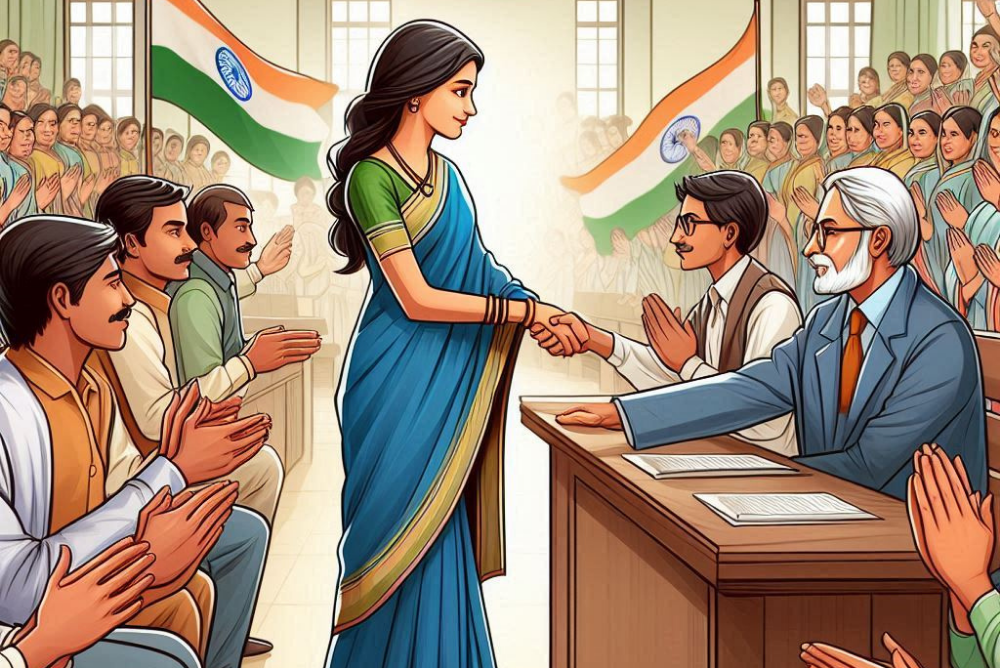 PDF/Read
PDF/Read

Vinay Bhargava’s article is like a mismatched dance duo that finally learns to groove together. Governments and civil society organizations (CSOs) are supposed to waltz toward the Sustainable Development Goals (SDGs), but they often step on each other’s toes. Despite their 2015 commitment to partner up, progress has been slow, like trying to dance in molasses. The COVID-19 pandemic, however, turned out to be the surprise dance instructor, showing them how well they can perform when they actually cooperate. By teaming up, as seen with the Indian government and 92,000 CSOs during the pandemic, they managed to hit the right notes and make meaningful progress. Bhargava’s article offers eight steps to perfect this partnership: build trust, share incentives, and invest in each other’s strengths. If they can follow these steps, they might finally dance in sync and make those SDGs a reality. Click here to read